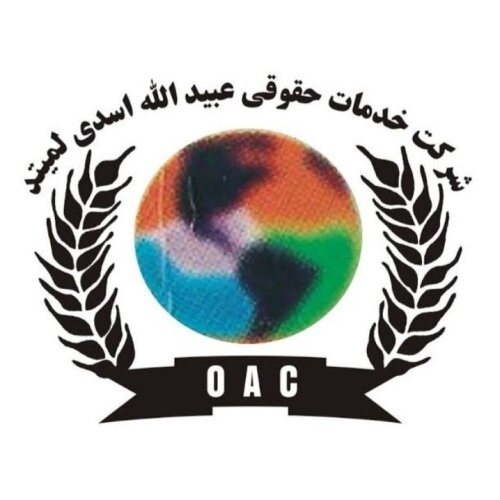Best Marriage Lawyers in Kabul
Share your needs with us, get contacted by law firms.
Free. Takes 2 min.
Free Guide to Hiring a Family Lawyer
List of the best lawyers in Kabul, Afghanistan
About Marriage Law in Kabul, Afghanistan
Marriage in Kabul, Afghanistan is governed by local laws that are influenced by Islamic principles and customs. It is important to have a basic understanding of the legal framework surrounding marriage in order to navigate the process effectively.
Why You May Need a Lawyer
There are several situations in which seeking legal help in marriage may be necessary:
- Complex or disputed marriage contracts
- Matters related to dowry or financial agreements
- Concerns regarding child custody or support
- Issues related to divorce or separation
- Disputes regarding inheritance or property division
Local Laws Overview
In Kabul, Afghanistan, the following key aspects of local laws are particularly relevant to marriage:
- Marriage must be based on the free consent of both parties
- Islamic religious ceremonies are recognized as valid marriages
- A marriage contract must be registered with the appropriate authorities
- Polygamy is permitted with certain restrictions and conditions
- Child marriages are prohibited, and the legal age for marriage is 16 for females and 18 for males
Frequently Asked Questions
Q: Can a foreigner marry a citizen of Kabul, Afghanistan?
A: Yes, it is possible for a foreigner to marry a citizen of Kabul, Afghanistan. However, there may be certain requirements and legal processes that need to be followed, such as obtaining the necessary documents and permissions.
Q: What is the legal procedure for divorce in Kabul, Afghanistan?
A: The legal procedure for divorce in Kabul, Afghanistan involves filing a divorce petition with the appropriate court. Divorce can be initiated by either spouse, but grounds for divorce must be established and proven.
Q: Are prenuptial agreements recognized in Kabul, Afghanistan?
A: Prenuptial agreements are generally recognized in Kabul, Afghanistan. However, it is advisable to consult with a lawyer to ensure that the agreement meets the requirements of local laws and is enforceable.
Q: What rights does a woman have in a marriage in Kabul, Afghanistan?
A: Women in Kabul, Afghanistan have certain rights in marriage, such as the right to consent to marriage, the right to own and manage property, and the right to seek divorce under certain circumstances. However, it is important to note that gender equality may not be fully realized in all aspects of marriage law.
Q: How is child custody determined in case of divorce in Kabul, Afghanistan?
A: Child custody is determined based on the best interests of the child, taking into consideration factors such as the child's age, physical and emotional well-being, and the ability of each parent to provide care. The court may appoint a guardian or consider the preferences of the child if they are of appropriate age.
Additional Resources
For further information or legal advice about Marriage in Kabul, Afghanistan, you may consider reaching out to the following resources:
- Ministry of Justice - Kabul, Afghanistan
- Kabul Bar Association
- Human Rights Commission - Kabul, Afghanistan
- Women's Rights Organizations in Kabul, Afghanistan
Next Steps
If you require legal assistance in Marriage in Kabul, Afghanistan, it is recommended to consult with a qualified lawyer who specializes in family law. They will be able to provide personalized advice based on your specific circumstances and guide you through the legal process.
Lawzana helps you find the best lawyers and law firms in Kabul through a curated and pre-screened list of qualified legal professionals. Our platform offers rankings and detailed profiles of attorneys and law firms, allowing you to compare based on practice areas, including Marriage, experience, and client feedback.
Each profile includes a description of the firm's areas of practice, client reviews, team members and partners, year of establishment, spoken languages, office locations, contact information, social media presence, and any published articles or resources. Most firms on our platform speak English and are experienced in both local and international legal matters.
Get a quote from top-rated law firms in Kabul, Afghanistan — quickly, securely, and without unnecessary hassle.
Disclaimer:
The information provided on this page is for general informational purposes only and does not constitute legal advice. While we strive to ensure the accuracy and relevance of the content, legal information may change over time, and interpretations of the law can vary. You should always consult with a qualified legal professional for advice specific to your situation.
We disclaim all liability for actions taken or not taken based on the content of this page. If you believe any information is incorrect or outdated, please contact us, and we will review and update it where appropriate.









